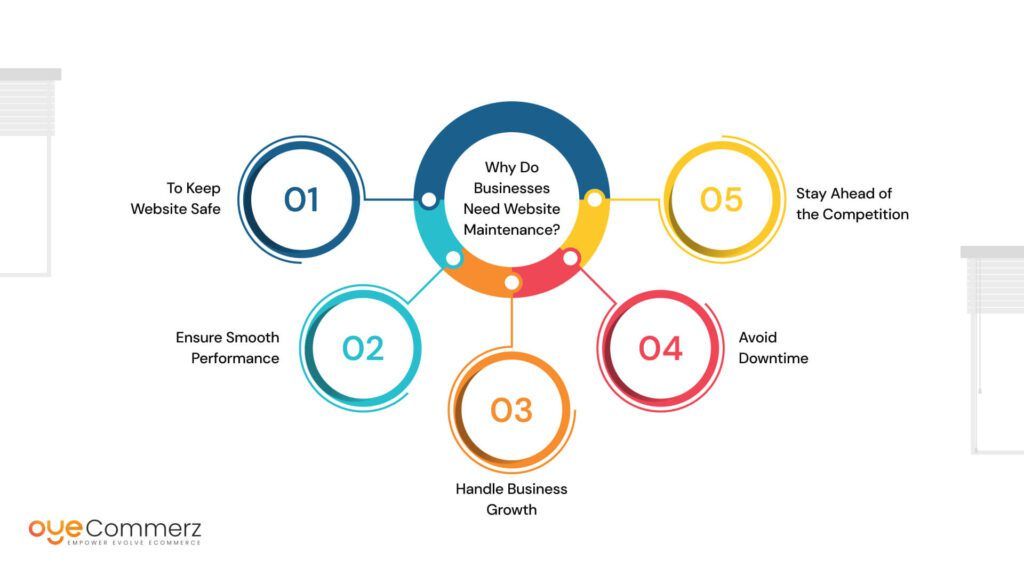In the dynamic landscape of digital commerce, choosing the optimal system is crucial for your business's success. If you’re at the moment using WP and considering a migration to an alternative, you’re not alone. Countless businesses are making this transition to take advantage of Shopify’s comprehensive features, ease of use, and scalability. This guide will guide you on the journey of migrating from WP to Shopify seamlessly, making sure that you realize your eCommerce potential.
Why Transition from WordPress to Shopify?
Before exploring the migration journey, it’s important to realize why this change can be helpful for your online store:
Intuitive Design: Shopify provides an intuitive interface that makes easier store operations, enabling for non-technical users.
Scalability: As your brand develops, Shopify can support increased visitors and transactions without sacrificing efficiency.
Integrated Features: Shopify comes with built-in features for search engine optimization, analytics, payment handling, and additional functionalities, reducing the necessity for several plugins.
Robust Protection: With Shopify, you benefit from strong security features that secure critical customer data.
Steps for a Seamless Migration
Migrating your online store from WordPress to Shopify requires several actions.
Here’s how to facilitate a smooth transition:
Prepare Your Migration Approach
Begin by mapping out your migration strategy. Identify which elements of your existing site you want to migrate, such as:
Item details
Client data
Purchase logs
Posts
Choose the Right Migration Option
Considering your preferences, opt for a migration service that aligns with your business. Professional services delivers multiple choices:
Basic Migration Package: Perfect for small stores with minimal products.
Standard Migration Package: Appropriate for medium-sized businesses with moderate requirements.
Comprehensive Solution: Best for high-volume stores demanding broad customization.
Save Your Information
Prior to initiating the migration, ensure that you have a Shopify checkout optimization full copy of your WordPress site. This step is crucial in the event anything goes wrong during OyeCommerz eCommerce experts the transfer.
Retrieve Your Data from WordPress
Use extensions or manual methods to export critical content from your WordPress site:
Inventory
Clients
Orders
Articles
Upload Data into Shopify
When you have your information exported, utilize Shopify’s built-in features or third-party apps to transfer your content into your updated store. Verify that all information is correctly organized and aligned.
Adapt Your Shopify Store
Following importing data, customize your Shopify site’s design to reflect with your brand identity. Think about hiring a designer if you require advanced customization.
Establish TransactionOptions and Logistics
Configure payment gateways and logistics options in Shopify to facilitate a smooth checkout experience for customers.
Apply Search Engine Optimization Standards
To preserve your SEO performance during the migration:
Use 301 link updates from old URLs to updated ones.
Refresh descriptions.
Adjust media and content for SEO.
Review Your Updated Platform
Prior to publishing, extensively review your new store. Look out for any discrepancies, payment processing issues, or untransferred content.
Publish Your Store
Once everything is in place, it’s the moment to publish! Announce the update to your customers and encourage them to discover the new capabilities of your Shopify store.
Post-Migration Support
Even after releasing your new store, regular assistance is important. Consider partnering with professionals who can guide with:
Site maintenance
Promotional campaigns
Enhancing features
Conclusion
Migrating from WordPress to Shopify can be a transformative step for your online retail. By adopting this guide and utilizing tools like those offered by industry leaders, you can guarantee a effortless transition that improves your online presence. Embrace the change and discover the advantages of Shopify today!
